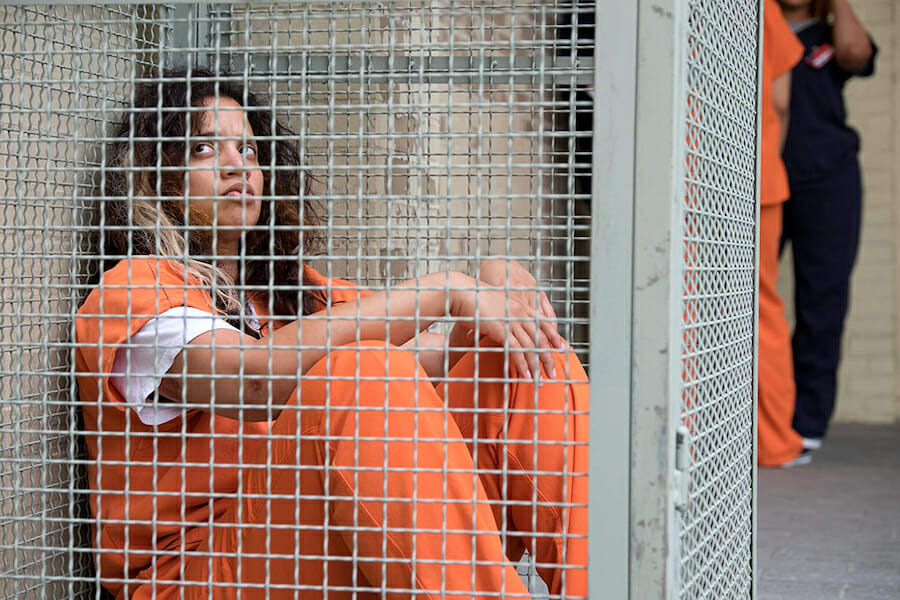
How Netflix’s ‘Orange is the New Black’ Forced Me to Pay Attention
Before watching Orange is the New Black, I’m not sure what I thought about prison culture. It’s not something I have experience with, besides what I have seen in documentaries. But what OITNB did for me is show me the gross mistreatment of inmates. Based on a memoir by Piper Kerman, the themes of show are real across the entire prison industry— inhumane prison conditions, sexual abuse, harassment from correctional officers, coercion, and mistreatment of black and brown inmates at a significantly higher rate than white inmates.
Last October, California was experiencing its worst wildfire ever. Inmates were hired as volunteer firefighters. I use the term hired very loosely, as the inmates earned a mere $2 a day for their efforts. $2.00 to put out massive fires. $2.00 to risk their lives…
Fast forward to this summer, California is experiencing another record-breaking wildfire. Guess who continues to be at the side of Californian firefighters, who earn a yearly average salary of $74,000? Inmates, who continue to earn $2 per day plus $1 for every active fire they fight.
People will argue the inmates understood what they were getting themselves into as they are volunteering, but let’s be honest. This is prison. What kind of free choice do they really have? The moment these human beings enter prison they are no longer seen as humans, but as property and cheap labor.
Ending prison slavery isn’t just release from a cage. It’s our chance to self-determine livable conditions, real healthcare, actual education. Ending prison slavery isn’t just for prisoners, it is liberation for all, inside and out.
Art: @meloniousfunk pic.twitter.com/hgF3ftWvuJ— IWOC (@IWW_IWOC) August 10, 2018
We are now over a week into what could be the largest protest by inmates in America’s history (which have also spread to Canada). Across approximately 17 states, inmates have declared a national prison strike. The nationwide prison strike is set to take place from August 21st-September 9th, marking the anniversary of the legendary uprising of the Attica Correctional Facility in New York. The inmates are peacefully protesting in a variety of ways across these prisons — hunger strikes, sit-ins, and work strikes. Work strikes are essential, as prisons do not run effectively without the labor of inmates.
Similar to the demands of the women of OITNB, these inmates demand to be treated as human beings. Rehabilitation has never been the focus of the prison system in America. That needs to change. These demands are not new to people who have been fighting the prison industrial complex for decades.
It is my hope with this national prison strike, the general public will see that these demands are not irrational, but basic human rights. We cannot allow human beings to be treated like this. It is my belief that America has never been an empathetic country. It wasn’t built on an empathetic ideology, but on capitalism where bodies are seen as labor and property. But we have the opportunity to change that.

